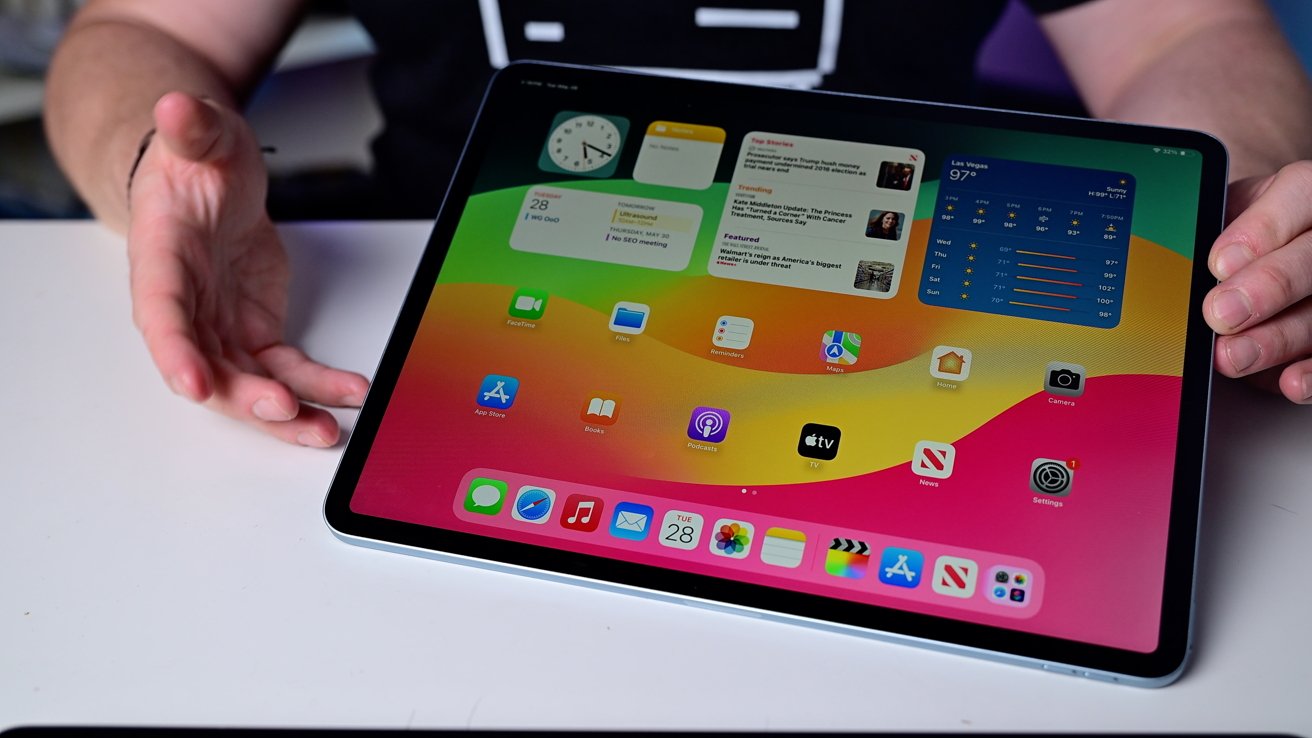Los Angeles Angels Face Potential $400 Million Liability Over Contaminated iPad in Tyler Skaggs Case
The Los Angeles Angels are embroiled in a high-stakes legal battle that could result in punitive damages amounting to $400 million. Central to this case is an iPad, valued at approximately $2,000, which has become a pivotal element in the wrongful death lawsuit filed by the family of the late pitcher, Tyler Skaggs.
Background of the Case
Tyler Skaggs, a left-handed pitcher for the Angels, tragically passed away on July 1, 2019, due to an overdose involving a fentanyl-laced pill. The pill was provided by Eric Kay, the former communications director for the team. In response, Skaggs’ family initiated a wrongful death lawsuit against the Angels, alleging negligence in addressing drug-related issues within the organization and failing to safeguard Skaggs. ([espn.com](https://www.espn.com/mlb/story/_/id/31731359/pitcher-tyler-skaggs-family-files-suits-angels-former-employees?utm_source=openai))
The Role of the iPad
The iPad in question was reportedly used by Skaggs to prepare the drugs he consumed. According to the family’s legal team, the device became contaminated with fentanyl residue, rendering it hazardous and effectively destroying its value. The Drug Enforcement Administration (DEA) confiscated the iPad during their investigation and has since refused to return it, citing contamination concerns. ([appleinsider.com](https://appleinsider.com/articles/25/11/25/mlbs-angels-could-face-massive-damages-because-dea-wont-return-an-ipad?utm_source=openai))
Legal Implications in California
Under California law, punitive damages are typically not permissible in standard wrongful death claims. However, they can be pursued through a survival action, which allows the deceased’s estate to claim damages the deceased could have sought if they had survived. For punitive damages to be awarded in such cases, there must be evidence of property damage suffered by the deceased prior to death. The Skaggs family’s attorneys argue that the fentanyl contamination of the iPad constitutes such property damage, thereby meeting the legal criteria for pursuing punitive damages. ([appleinsider.com](https://appleinsider.com/articles/25/11/25/mlbs-angels-could-face-massive-damages-because-dea-wont-return-an-ipad?utm_source=openai))
Precedent and Potential Impact
The legal strategy draws parallels to the civil case against O.J. Simpson, where minor property damage—specifically, damaged clothing—was sufficient for the jury to award $25 million in punitive damages. This precedent suggests that even minimal property damage can justify substantial punitive awards. In the Skaggs case, the family is seeking $400 million in punitive damages, underscoring the significant financial implications for the Angels. ([appleinsider.com](https://appleinsider.com/articles/25/11/25/mlbs-angels-could-face-massive-damages-because-dea-wont-return-an-ipad?utm_source=openai))
Arguments from Both Sides
The Angels’ legal team contends that any drug preparation occurred on the iPad’s cover, not the device itself, and that the hardware remains functional. They argue that a working iPad with a contaminated cover does not constitute destroyed property and can be remedied with proper cleaning. Additionally, they point out that brief contact with fentanyl powder is unlikely to cause poisoning, suggesting that the contamination concerns may be overstated. ([appleinsider.com](https://appleinsider.com/articles/25/11/25/mlbs-angels-could-face-massive-damages-because-dea-wont-return-an-ipad?utm_source=openai))
Conversely, the Skaggs family’s attorneys emphasize that the DEA’s refusal to return the iPad due to contamination concerns validates their claim that the device is hazardous and its value has been effectively nullified. They argue that this loss satisfies the property damage requirement necessary to pursue punitive damages. ([appleinsider.com](https://appleinsider.com/articles/25/11/25/mlbs-angels-could-face-massive-damages-because-dea-wont-return-an-ipad?utm_source=openai))
Judicial Considerations
The presiding judge has acknowledged the seriousness of the iPad contamination argument. The court denied the Angels’ request for summary judgment to dismiss the claim, allowing the jury to determine whether the iPad’s contamination constitutes property damage. This decision keeps open the possibility of a second trial phase focused on punitive damages. ([appleinsider.com](https://appleinsider.com/articles/25/11/25/mlbs-angels-could-face-massive-damages-because-dea-wont-return-an-ipad?utm_source=openai))
Broader Context
This case is part of a series of legal challenges faced by the Angels. In 2021, the family of Tyler Skaggs filed lawsuits against the team and former employees, alleging negligence and wrongful death. The lawsuits claimed that the team failed to provide a safe environment and allowed a known drug addict to have access to players. ([latimes.com](https://www.latimes.com/sports/angels/story/2021-06-29/tyler-skaggs-family-sues-angels-over-pitcher-death?utm_source=openai))
Additionally, the Angels have been involved in other legal disputes, such as the defamation lawsuit filed by former clubhouse manager Bubba Harkins, who alleged wrongful termination and defamation after being accused of providing illegal substances to pitchers. This lawsuit was settled in 2023. ([latimes.com](https://www.latimes.com/sports/angels/story/2023-07-31/bubba-harkins-defamation-lawsuit-angels-mlb-settled?utm_source=openai))
Conclusion
The outcome of this case could have profound implications for the Los Angeles Angels, both financially and reputationally. If the jury determines that the iPad’s contamination constitutes property damage, it could pave the way for substantial punitive damages, potentially amounting to $400 million. This case underscores the complex interplay between legal strategies, organizational responsibility, and the far-reaching consequences of substance abuse within professional sports organizations.



